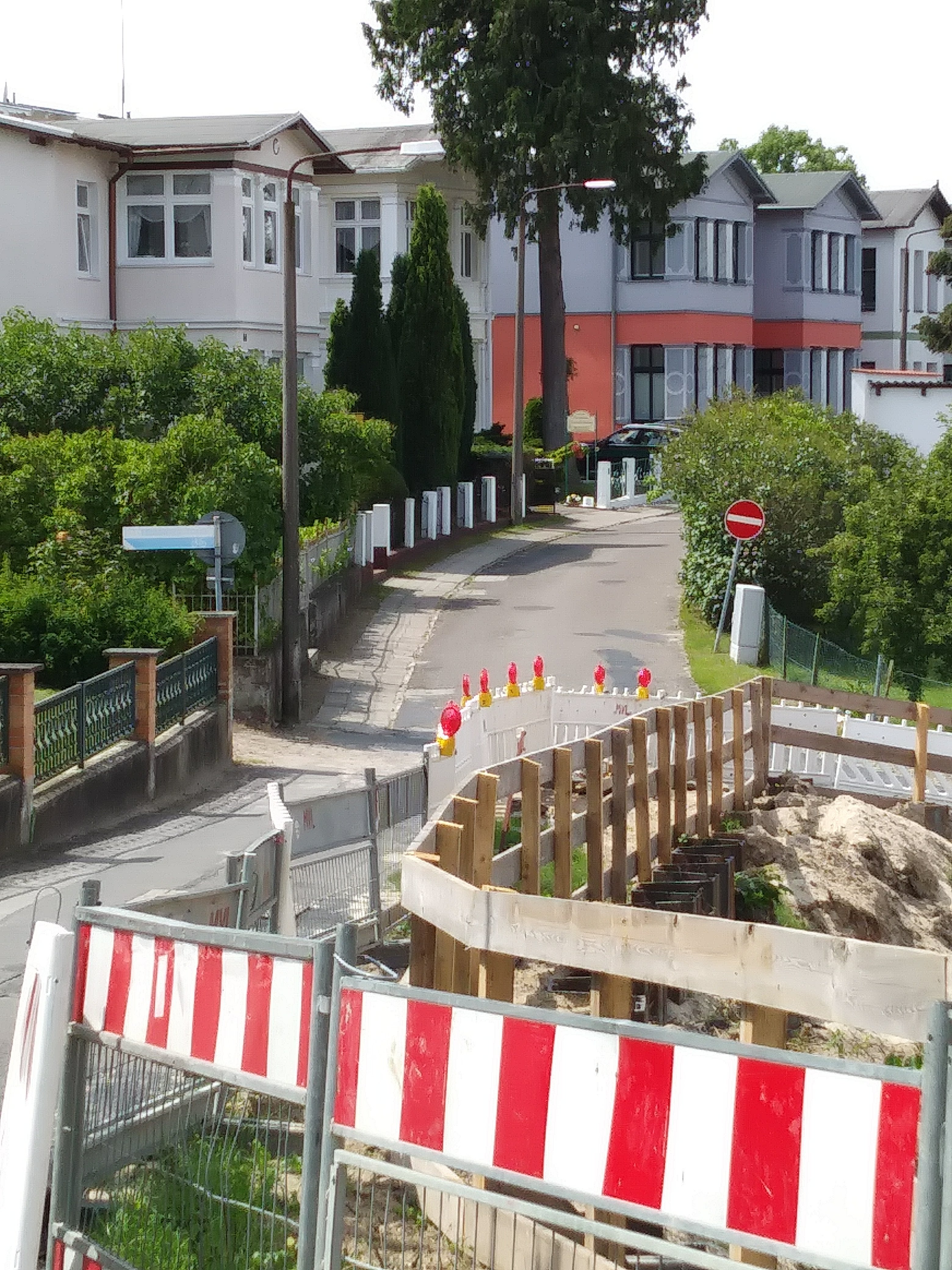
4. Vehicle-induced air pollution: The fourth challenge to contemporary policy makers in Germany justifies and deserves its own post: Eyerbody knows Dieselgate, but outside Germany little is known about the Rastatt incident. Both are essential linked together by demonstrating regulatory failure (the former) and complete ignorance of promoting sustainable public transportation (the latter) by federal government over the last 17 years. Everybody is aware of Dieselgate, that is, a software tool in 11m Volkswagen and seemingly Mercedes and Audi that cheats on CO2-emmission. In contrast to harsh meadures in the US Federal German government led the cheaters go in return for cheap talk such as the committment to install a yet another (funny, isn’t it) software update in all these dirty diesels still rolling on German roads.
The dirties road on the globe is not to be found somewhere in Bejing, but in Stuttgart, capital of the southern German state Baden Württemberg and home to Mercedes‘ headquarter. Given the extremly high paticulate pollution the local administrative court has ruled a prospective ban on diesel cars in the entire city center. In 89 additional cities and towns throughout Germany similar measures are expected. Issuing and regulation driving bans falls into the responsibility of local authorities. They will have to adress this issue boldy. And boldy to me mean a shift towards promoting public transportation.
This leads to the Rastatt incident. The major north-south railway route from Scandinavia down to Italy bypasses Rastatt (Rheintalbahn). During digging a tunnel for the bullet speed train line the railways on this route collapsed and deepened by half a meter. Shit happens. But given a lack of electrified, or any, alternative routes of similar size in this region of Germany, freight transportion simply stalled, passengers had to transfer on buses, bullet speed trains scheduled for Switzerland ended in Mannheim, south of Frankfurt. How does all this relates to policy makers and administrators, apart from not so well-prepared engineers? Well, Deutsche Bahn, which is responsible for running, maintaining and investing in a high quality competitive railway system, is a state-owned enterprise. Deutsche Bahn’s Chief Infrasructure Investment Officer for example is the former head of German chancellery. He totally ignored both the issue and the subsequent stalling of freight and passenger trains. So next time come up with a Train Summit rather than yet another worthless Diesel Summit.